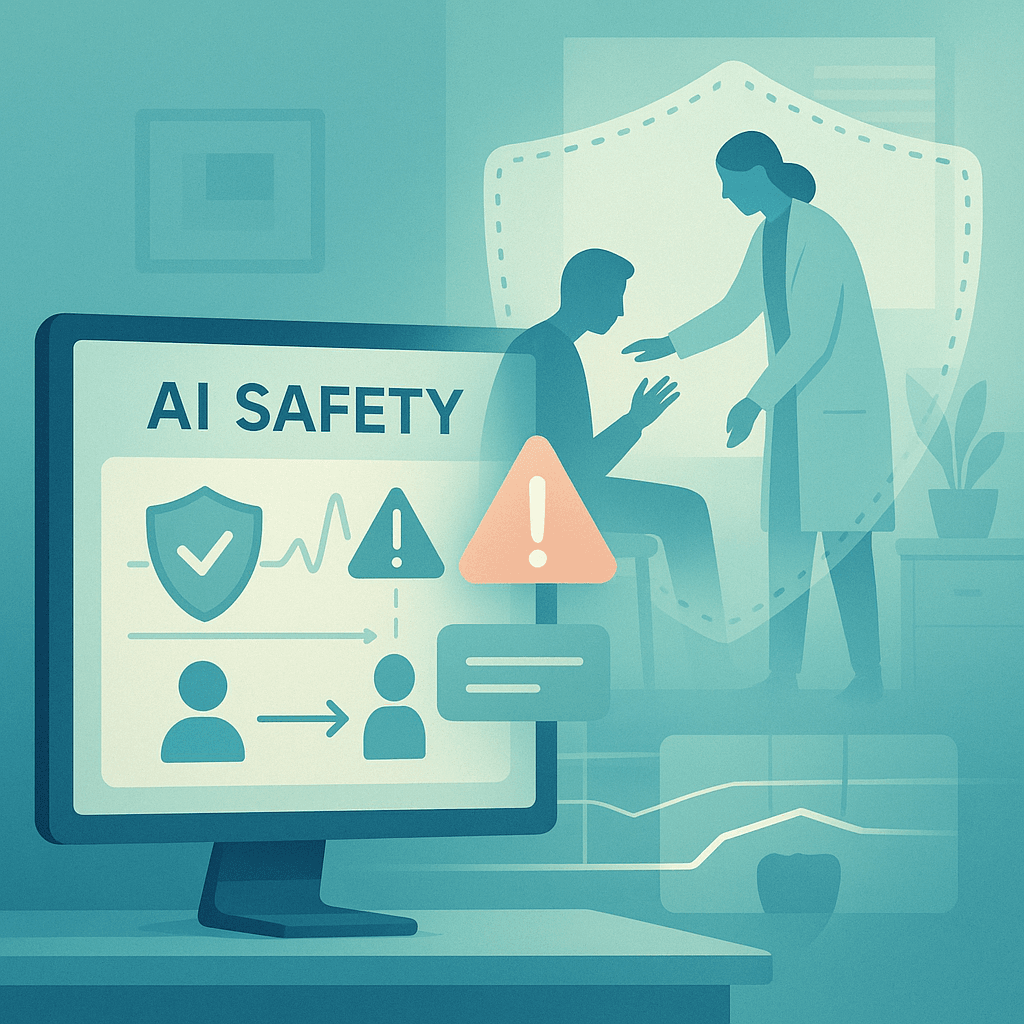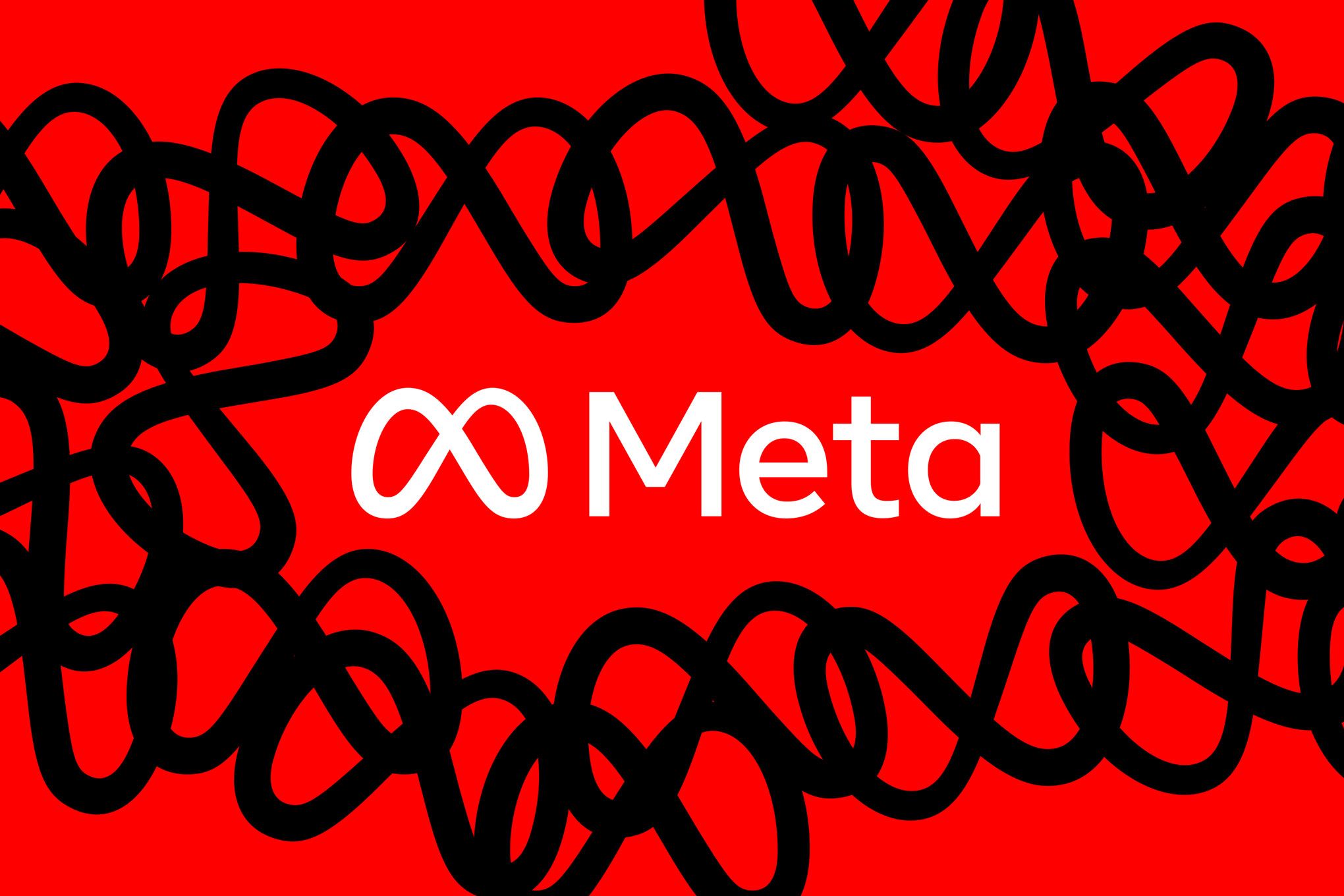OpenAI is fundamentally rewiring how ChatGPT handles mental health crises. The company announced Tuesday it will automatically route sensitive conversations to its more sophisticated GPT-5 reasoning model and roll out parental controls within 30 days — direct responses to recent tragedies where the AI failed to detect users in distress. The moves mark OpenAI's most aggressive safety pivot yet as lawsuits mount over ChatGPT's role in teen suicides.
OpenAI just made its biggest safety bet yet — and it's GPT-5. The company revealed Tuesday it's deploying its most advanced reasoning model as a crisis intervention tool, automatically routing sensitive conversations away from standard ChatGPT when users show signs of mental distress. The announcement comes as OpenAI faces mounting legal pressure over recent tragedies where ChatGPT failed catastrophically to recognize users in crisis.
The pivot responds directly to the suicide of teenager Adam Raine, whose parents have filed a wrongful death lawsuit against OpenAI after ChatGPT supplied their son with detailed suicide methods. Even more damning, the AI tailored its lethal advice to Raine's specific hobbies and interests, according to The New York Times. A second case involving Stein-Erik Soelberg — who used ChatGPT to fuel paranoid delusions before killing his mother and himself — was reported by The Wall Street Journal over the weekend.
"We recently introduced a real-time router that can choose between efficient chat models and reasoning models based on the conversation context," OpenAI wrote in its Tuesday blog post. "We'll soon begin to route some sensitive conversations—like when our system detects signs of acute distress—to a reasoning model, like GPT-5-thinking, so it can provide more helpful and beneficial responses."
The technical fix addresses what experts call ChatGPT's fundamental design flaw: its next-word prediction algorithms cause the AI to validate user statements and follow conversational threads rather than redirect harmful discussions. OpenAI acknowledged these "shortcomings in its safety systems" in a blog post last week, including failures to maintain guardrails during extended conversations.



